In recent years, and especially with the current crisis, we have seen the emergence of more and more brands of all types that clearly claim to be "Made in France." In a more or less discreet way, with a small phrase on the back of the bottle or a huge French flag on the label, we proudly highlight the fact of being French and of making our country's economy work.
But what are these claims really worth ? How can you identify a truly French product?
Our team has looked into the subject and is giving you all our information!
What does Made in France really mean?
Concretely, "made in France" , translate "manufactured in France" , can be obtained quite easily, and does not necessarily mean that the product is actually French. It mainly means that the manufacturing was done in France, but not necessarily that the raw material itself comes from France . More than that, one can claim French manufacturing even though only the last part of the product's assembly was done in France!
We need to go further in consuming French food
In our opinion, French manufacturing , or assembly in France, is clearly not enough . In a context where consumers need transparency and where it is necessary to revive our country's economy , it is vital, regardless of the company's field of activity, to go further than manufacturing alone.
To do this, we need to go back through what is called the value chain . This involves all the steps leading to the creation of a product.
For our natural shampoos, for example, the value chain breaks down as follows:
Formulation > Bottles + pumps > Each raw material > Manufacturing > Packaging > Logistics > Shipping
What is the crux of the matter?
As you will have understood, much more than manufacturing, it is the rest that will have to be relocated . For us, it is the ingredients , or raw materials, which must at all costs have the most local origin possible : to support the French economy , but also to reduce the carbon impact of imports .
As many skills have already been relocated or have sometimes never been done in France, it is obviously not an easy task to find them in France . Sometimes, you will have to resign yourself to looking a little, or even much further. This is the case of our natural washing agents , which we have not, despite our efforts, found in France. We have therefore chosen to look for them in Germany and Italy, two reliable neighboring countries.
What matters is doing the best you can , and always being transparent with your customers. Knowing that obviously everything is not always perfect, or perfect the first time.
How do you know if a product is really French?
This question is a bit of a trick, as there's no perfect answer . It depends on how transparent the company is, to begin with. The more details a company can give you about where each part or ingredient comes from and where it's made, the more confident you can be that you can trust them.
Don't be fooled by the little French flags on the labels! As you'll have gathered, they don't prove much.
The Origine France Garantie label
There is a label that is recognized in France as a guarantee of the French Origin of the product. To obtain it, you will have to submit to an audit , and prove that:
- The product takes on its essential characteristics in France (in other words is produced in France)
- More than 50% of the unit cost price of its product comes from France
In all transparency, LAO is not currently eligible for this label because the ingredients that had to be found in Italy and Germany are so expensive that they do not allow us to reach 50% of the unit cost price in France.
I think that a choice had to be made carefully for these criteria and I respect that, even if I still find it a shame that the entire process is not taken into account. And that is why I call on consumers, in all cases, to be extremely vigilant and to obtain the highest level of information!
But what about the price?
It must be admitted that manufacturing and sourcing raw materials in France comes at a price , and it is not always cheap. However, by buying French , you
- Ensure the quality of your purchases
- Support your country's economy , because the more companies we have working with French companies, the more jobs will be created and factories reopened.
- Reduce the environmental footprint and carbon impact of importing the ingredients in your everyday products
..and the more we consume French, the more the quantities will increase, and the more the quantities increase… the more the price drops !
In short, it's a virtuous circle , which in the long term will benefit everyone, and in the short term, benefits you in terms of quality!
And besides, buying French or local isn't always more expensive ! It depends on the type of product.
In conclusion
Of course, being made in France is already a step forward. But it's also a common marketing argument that can mislead consumers into thinking the product comes entirely from France. As you've seen, the reality is more complex and nuanced.
We hope this article has taught you something and given you some insights to exercise a critical eye on the elements that brands put forward to seduce you!
For this article, we have decided to share with you a small selection of reliable and, above all, transparent French companies that we would like to highlight!

List of reliable French brands
Women's and men's clothing
Le Slip Français > Clothing, underwear and accessories
one of the French companies to have helped relocate the textile industry in France, thanks to its founder Guillaume Guibault.
1083 > Jeans and pants
The name of this brand is dedicated to the maximum distance between you and the place of manufacture. A committed brand, created by Thomas Huriez
Children
Mini Worlds > Recycled plastic toys and adventures for your children
Joone > Diapers and cosmetics for mothers and children
Eating
Bam&Co > Gourmet and natural products: granola, muesli, hummus, aperitif biscuits, etc.
Joune Food > Snacks rich in prebiotics and omega 3: Oil, butter, cocoa spread, etc.
Koovee > Edible Cutlery
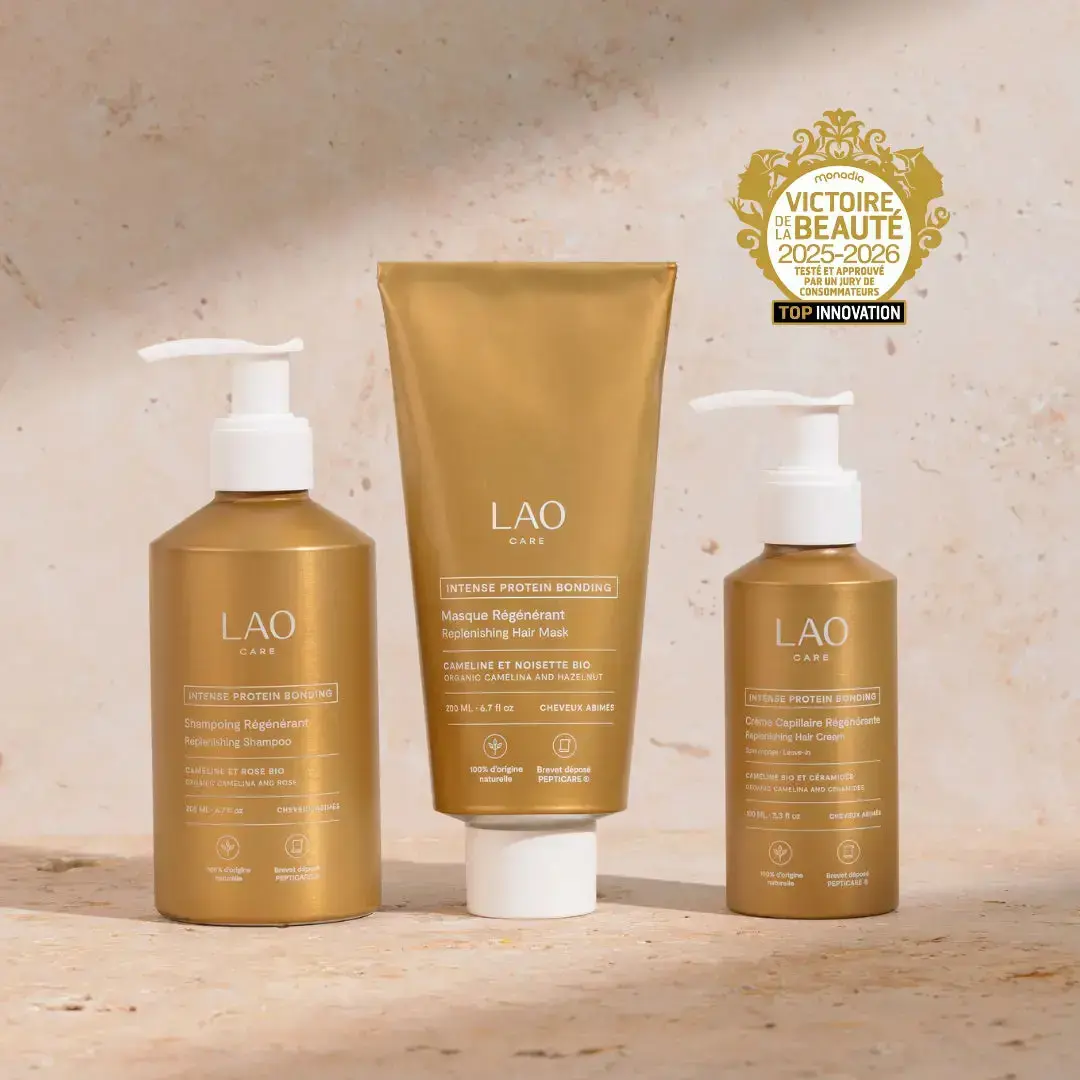
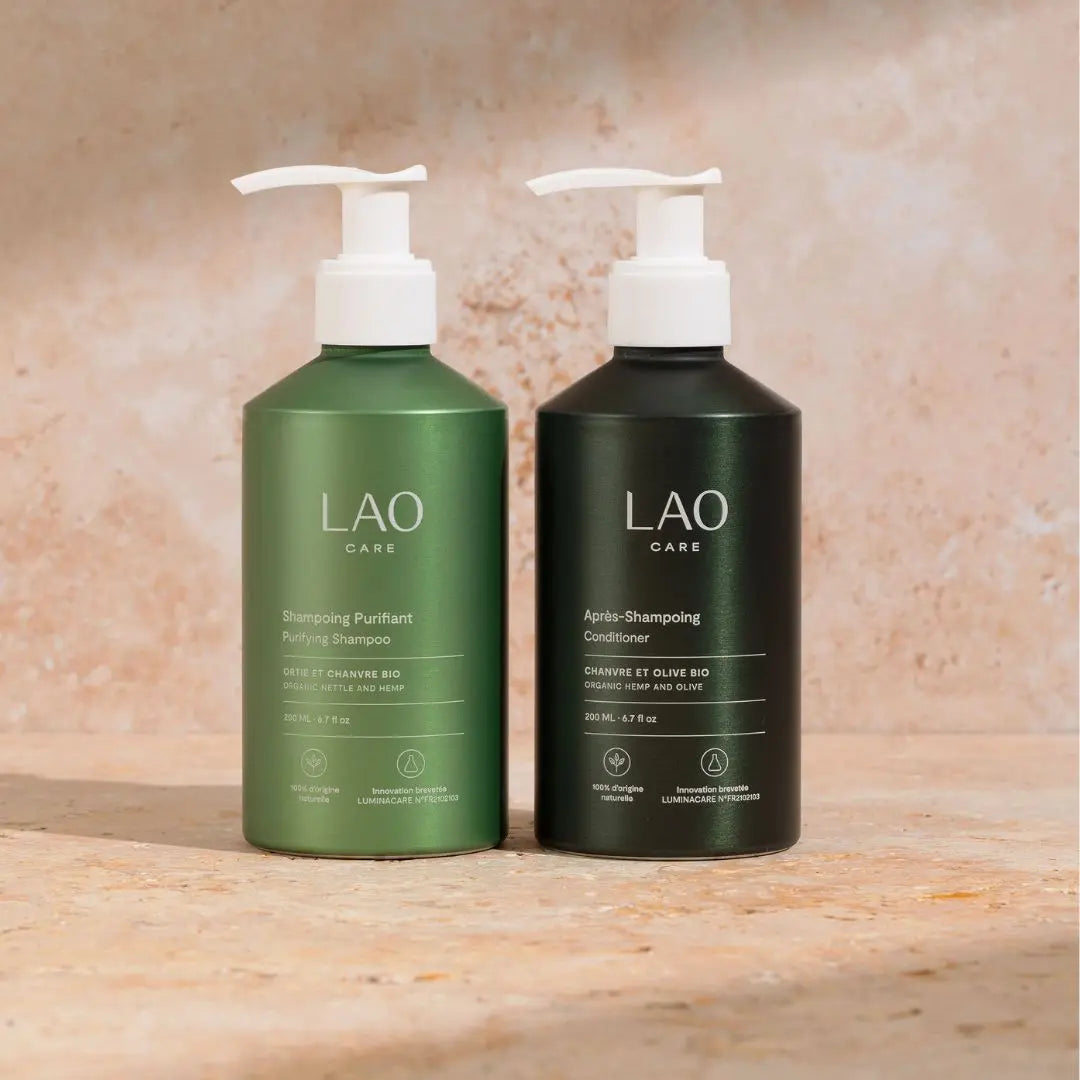
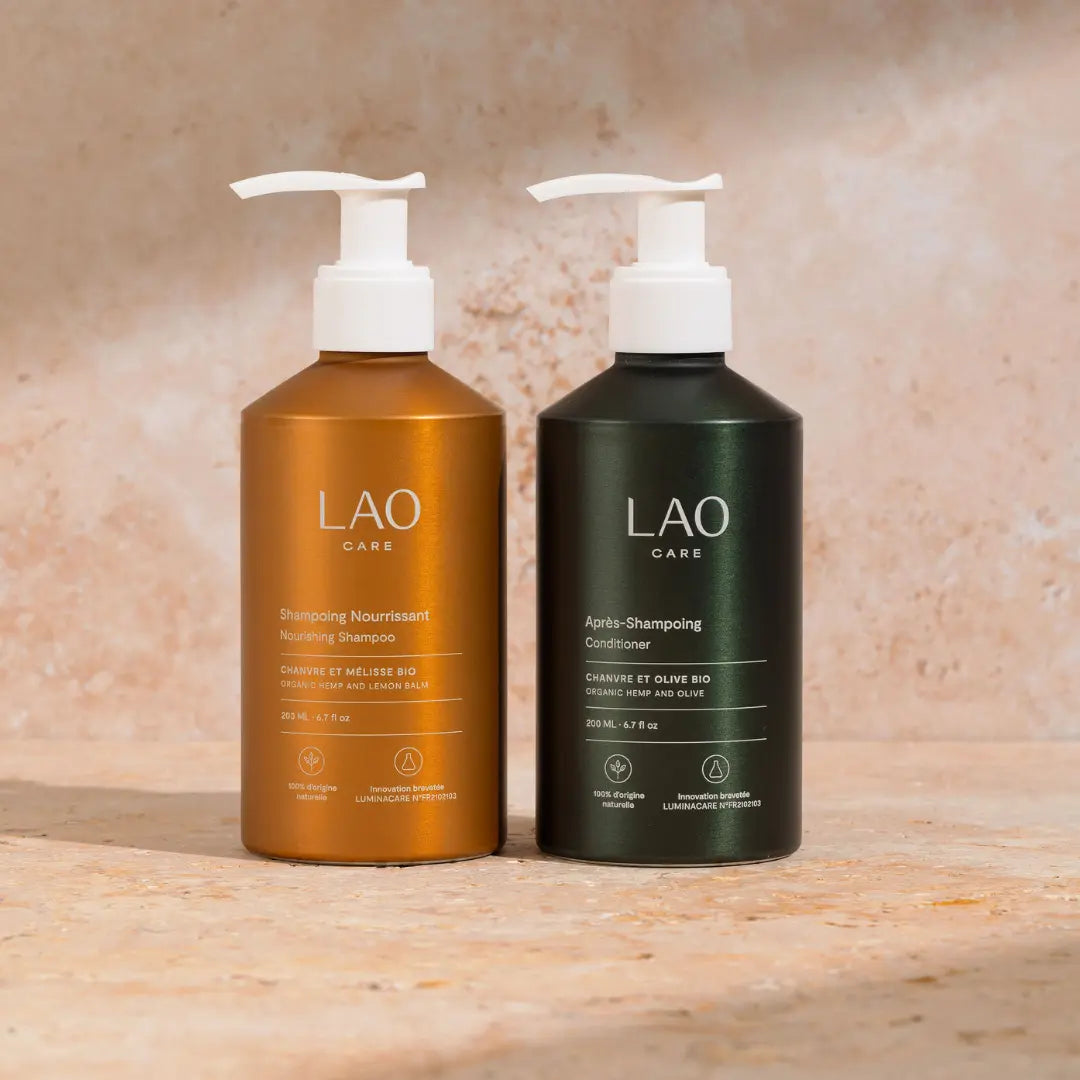
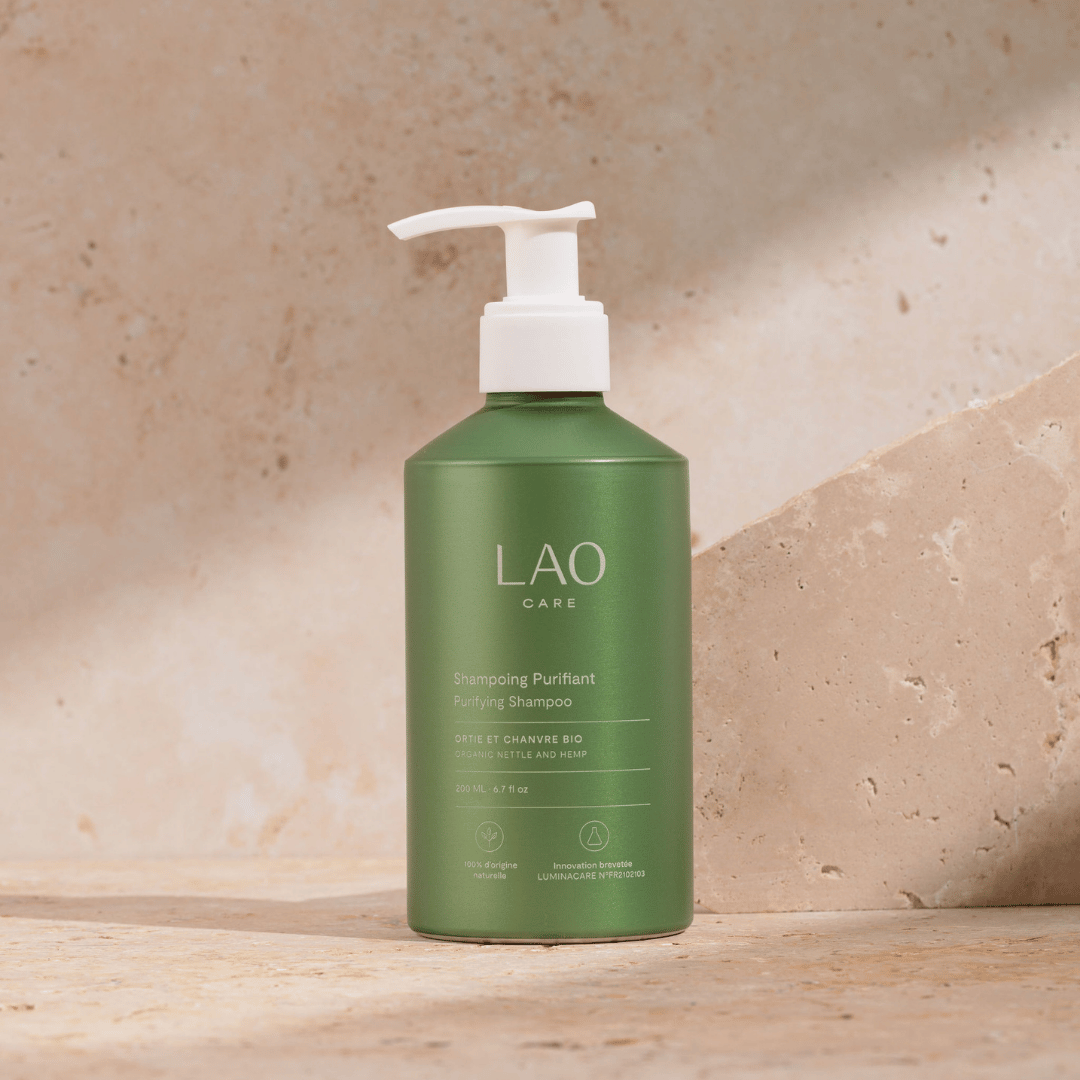
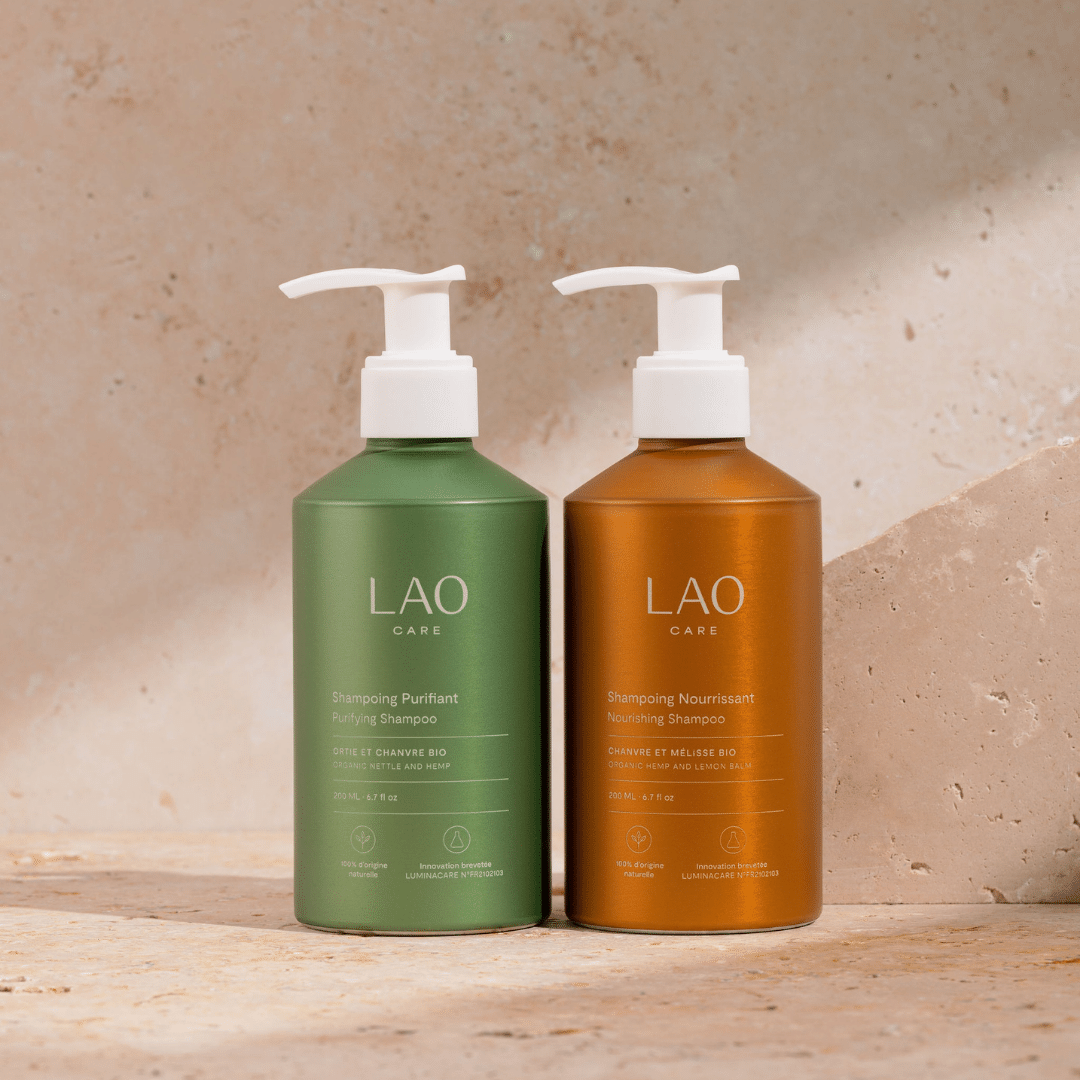
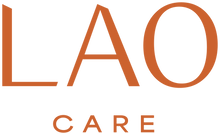
Leave a comment